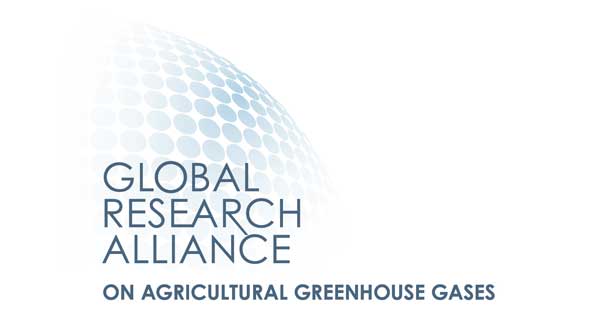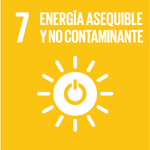Indigenous communities and climate-smart research
This initiative aims to strengthen the sustainability and food security of Mapuche communities in the face of climate change through climate-smart livestock practices.
Context of the story
Climate change especially affects small producers and indigenous communities in fragile environments. To address these challenges, it is crucial to develop and evaluate climate-smart livestock practices that increase productivity and resilience, reduce emissions, and promote sustainability. Integrating ancestral knowledge, particularly from the Mapuche people, with modern technical expertise strengthens the adaptation and sustainability of livestock systems in vulnerable communities in Argentina and Chile.
Collaboration with five indigenous communities belonging to the Mapuche ethnic group in Argentina and Chile, in which we will establish climate-smart innovation units
The implemented initiative
This project aims to improve food security and resilience in indigenous Mapuche agrarian communities, along with their production systems, addressing expected climate disruptions in the contexts of Argentina and Chile through climate change adaptation and mitigation strategies.
Strengthening sustainability and food system resilience in Indigenous Mapuche livestock-farming communities.
The technological solution
Establish climate-smart innovation units. By the end of the first year, key indicators of the production systems will be characterized, and by the end of the project, an increase in these indicators is expected in terms of productivity and natural resource conservation, along with a reduction in the intensity of GHG emissions.
Type of project
Results
The project aims to establish and characterize 15 Innovation Units in five Mapuche communities through a participatory process. It will implement climate-adapted livestock practices tailored to each unit, applying and evaluating at least two climate-smart livestock practices per unit to enhance productivity and natural resource management. The project will also measure and quantify the reduction in GHG emission intensity resulting from these practices. Additionally, it will promote knowledge dissemination through outreach materials and exchange events while strengthening an inclusive innovation ecosystem via transdisciplinary team training, community exchanges, and technical internships.

 Back to the project
Back to the project Argentina
Argentina Chile
Chile











